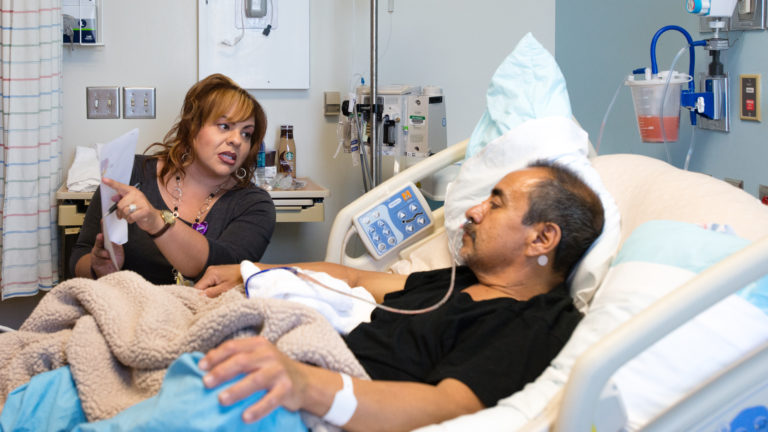News from our treasurer, Marjorie Kaplan
By Marjorie Kaplan
While scrolling through Twitter I saw a post from a medical doctor. She talked about a patient who was described to her as confused and unresponsive. “Does she speak English?” “Oh, yes, we’ve been talking to her in English, but her answers are slow and confused.” The doctor started speaking to the patient in
Spanish, and suddenly she was clear and coherent.
What followed this post was an avalanche of comments from doctors, nurses, and patients’ relatives recounting episodes in which patients were on the verge of being drugged with heavy antipsychotics and sent to the psych ward.
In one case, a man was reported to be lying in his bed chanting gibberish. He turned out to be saying his morning prayers in Apache. Another patient was reported to be demented when she was speaking German. Even after a relative told the attendants that German was her language, they waited until they
found a German doctor to confirm before locating a translator.
There were dozens of stories like this. There was a woman who couldn’t communicate with the Spanish language translator provided by the medical facility. This translator pointed out that the patient was Hungarian. And the many incidents of medical professionals continuing to speak English, just louder and slower.
Title 6 of the Civil Rights Act of 1964 states that all programs that receive federal funds must make every effort to provide those services to people with limited English ability. If local translators are not available, there are several apps the offer translations such as Google Translate, as well as telephone translator services. But first health care professionals need to understand the importance of language proficiency in more than one language.
If you are interested in seeing some other examples, see the original tweet thread below:
Primary team: Patient has altered mental status.
— Courtney S-White, MD 🏳️🌈 (@CSWhiteMD) June 25, 2023
Me: Do they speak English?
Team: Yes. We’ve been talking to them in English but they’re slow to respond and not always correct.
I go to patient and start speaking Spanish.
Patient appropriately responsive to my questions.

